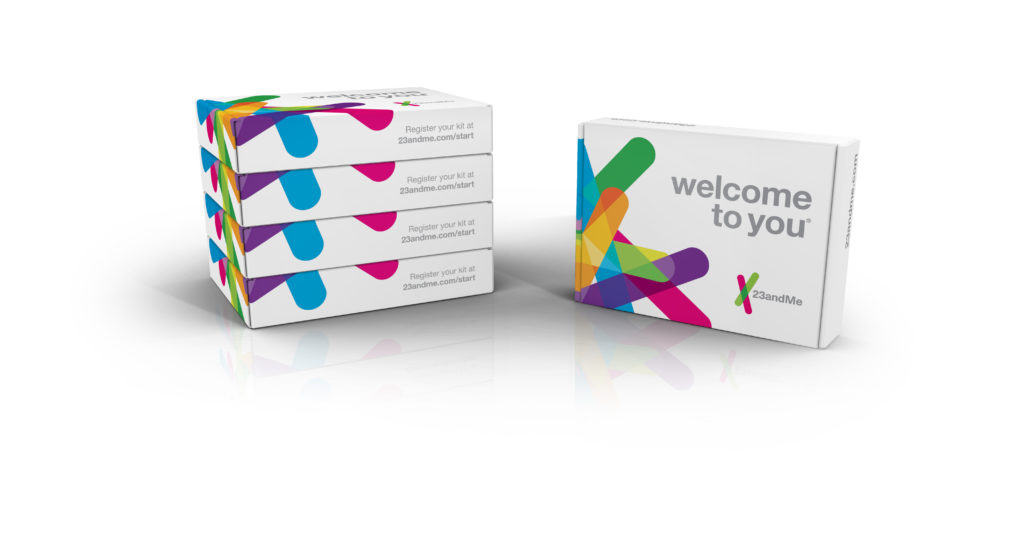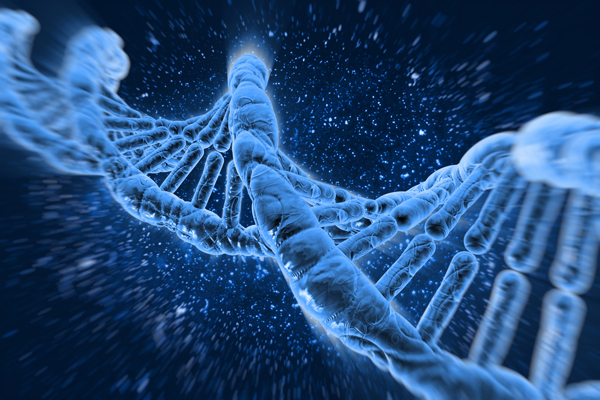The FDA will now allow direct-to-consumer (DTC) genetic test company 23andMe to provide consumers with a measure of their cancer risk based upon three known genetic variants on the BRCA genes. This is the first time the regular has allowed a genetic test company to provide that information without a prescription, allowing consumers to have a more accurate picture of their risk of developing breast, ovarian and prostate cancer.
“Being the first and only direct-to-consumer genetics company to receive FDA authorization to test for cancer risk without a prescription is a major milestone for 23andMe and for the consumer,” said Anne Wojcicki, 23andMe CEO and co-founder. “We believe it’s important for consumers to have direct and affordable access to this potentially life-saving information. We will continue pioneering a path for greater access to health information, and promoting a more consumer-driven, preventative approach to healthcare.”
However, the three BRCA mutations are not the most common ones found in the general population. Since there are over 1,000 known BRCA mutations, the FDA emphasizes that even consumers who receive a negative result from 23andMe’s genetic test could still carry other cancer-associated BRCA mutations.
“This test provides information to certain individuals who may be at increased breast, ovarian or prostate cancer risk and who might not otherwise get genetic screening, and is a step forward in the availability of DTC genetic tests. But it has a lot of caveats,” said Donald St. Pierre, acting director of the Office of In Vitro Diagnostics and Radiological Health in the FDA’s Center for Devices and Radiological Health. “While the detection of a BRCA mutation on this test does indicate an increased risk, only a small percentage of Americans carry one of these three mutations and most BRCA mutations that increase an individual’s risk are not detected by this test. The test should not be used as a substitute for seeing your doctor for cancer screenings or counseling on genetic and lifestyle factors that can increase or decrease cancer risk.”
BRCA gene variants are most commonly identified in individuals of Ashkenazi Jewish descent, with about one in every 40 members of this group carrying a mutation in these genes. The risk of developing breast cancer before age 70 in women carrying one of the BRCA mutations is between 45 and 85 percent; knowing their BRCA status could help ensure these individuals receive regular screenings and promote healthy lifestyle changes that could lower their cancer risk.
“This authorization is incredibly valuable for those who might not be aware of their Ashkenazi Jewish descent or aren’t familiar with their family history of cancer,” said Wojcicki. “But it’s important to understand that the majority of cancer is not hereditary, our test does not account for all genetic variants that can cause a higher risk of cancer, and people should continue with their recommended cancer screenings.”
23andMe anticipates that the BRCA1/BRCA2 (Selected Variants) Genetic Health Risk Report will be available in the coming weeks, however customers who have already received their genotyping results based on the company’s most recent iteration of the genetic test won’t need to submit another sample in order to determine their cancer risk. New and current customers will, however, need to opt-in to receiving this health report, which comes along with educational materials to help individuals understand their BRCA genetic test results.









Join or login to leave a comment
JOIN LOGIN